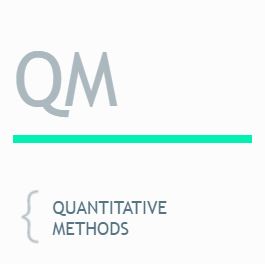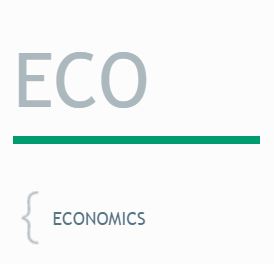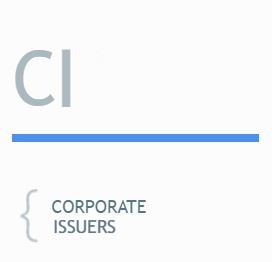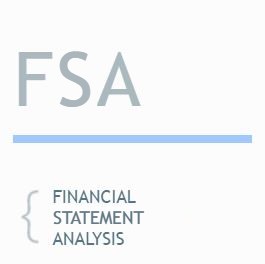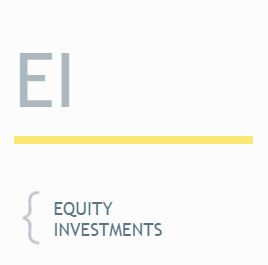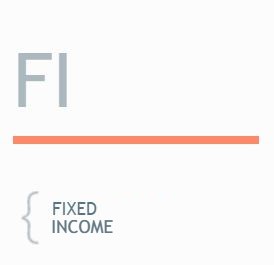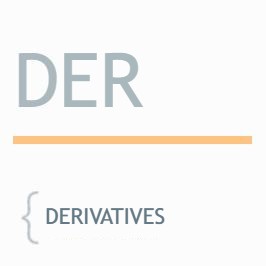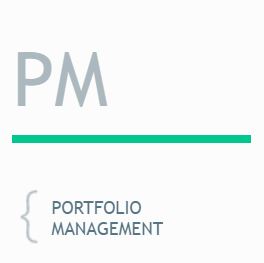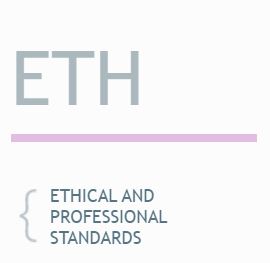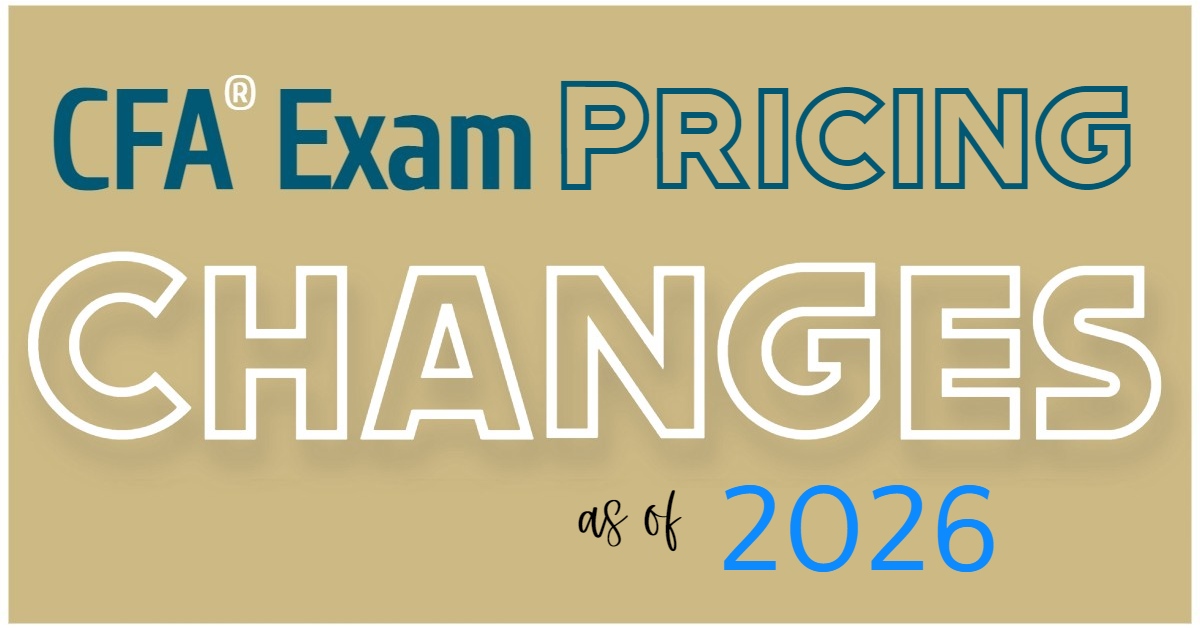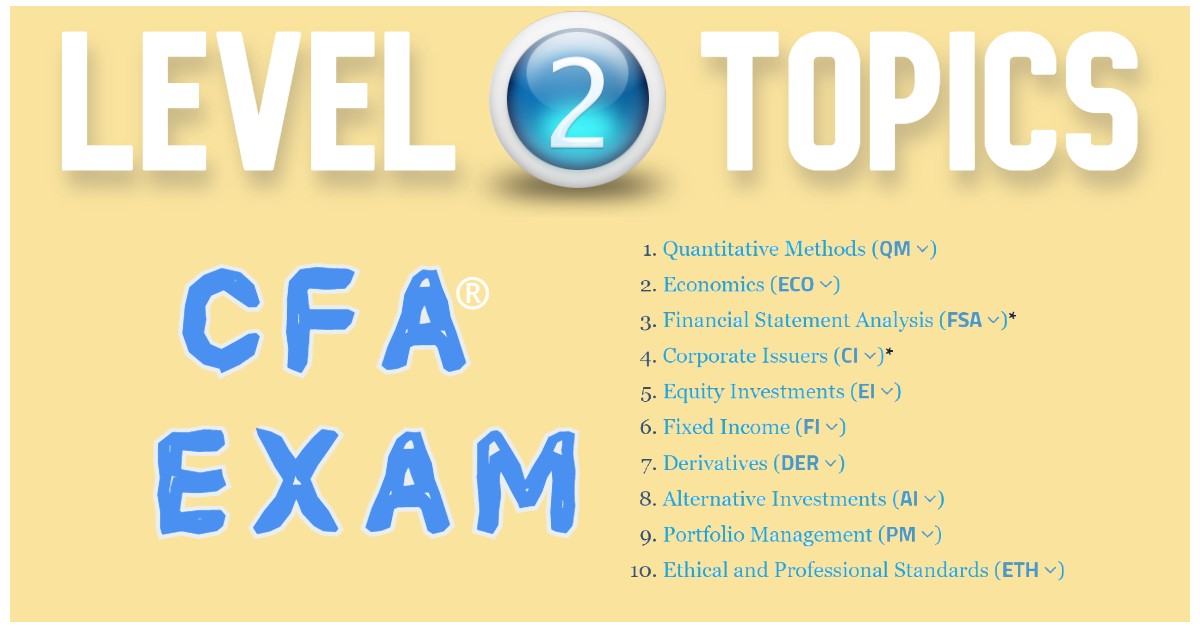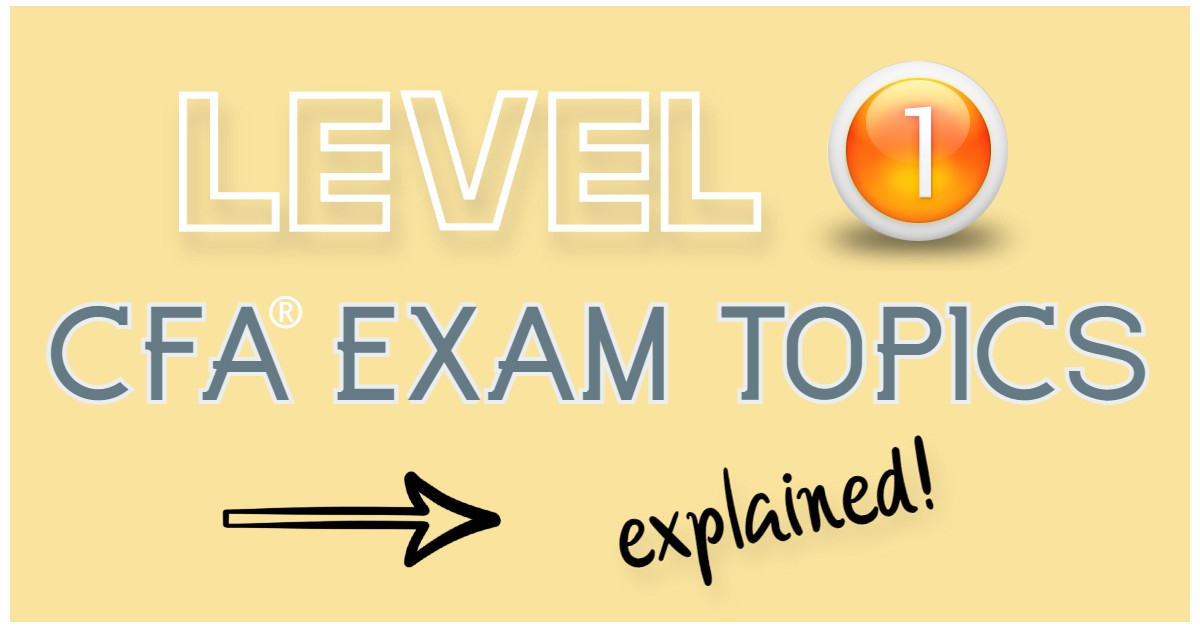
Do you have a clue how to deal with the topics that extend over 3000 pages of your level 1 CFA exam curriculum? Many questions will start popping into your head when you think about it...
Should I stick to the topic sequence as it is in the curriculum?
Should I treat all topics equally or are there any topics of special significance?
What should I know about a topic when I start to study it?
Should I allow for some extra time to reread the topics?
On which topics do I need the most practice?
How to study well?
With this and the next three posts comprising our Level 1 Topics Series, we try to explain what level 1 CFA exam topics are all about. You’ll learn about level 1 topic weights and the number of learning modules (LMs) to study or formulas to remember.
Importantly, ever since the CFA exam is held on computers, the number of level 1 exam questions has been reduced from 240 to 180, i.e. 90 per exam session. We estimate the number of exam questions per topic for level 1 exams in the summary below.
CFA Level 1 Syllabus - All 10 Level 1 Topics
During your level 1 CFA exam, you will be tested on:
This is how the topics are sequenced in your 2026 CFA level 1 syllabus. But if you know more about the topics, you’ll likely want to make changes to this order. At the end of this post, we present what we believe to be the optimal level 1 topic sequence. Moreover, all the key info about the 10 topics is given in a table to enable easy analysis.
Describing 2026 Level 1 CFA Exam Topics
LM is short for learning module, which is a new name for what used to be called reading. It's a change partially introduced to the level 1 CFA exam curriculum in 2023, mainly in nomenclature but not only. The idea is for the learning modules to form digestive lessons that can be studied over one sitting. In your 2026 CFA level 1 syllabus, you'll find all of the level 1 topics divided into learning modules (LMs).
1.
QUANTITATIVE METHODS
Topic Learning Outcome:
The candidate should be able to explain and demonstrate the use of elementary statistics, data collection and analysis, probability theory, distributions theory, and the time value of money in financial decision-making.
Your goal: You want to make sure you understand quantitative concepts and tools and know how to use them. You’ll be needing them again soon – while studying PM and CI.
Key terms: time value of money (TVM), interest rate, measures of location & dispersion, random variable, normal distribution, Student’s t-distribution, sample, confidence interval, hypothesis testing, linear regression, ANOVA, fintech
2.
ECONOMICS
Topic Learning Outcome:
The candidate should be able to demonstrate knowledge of microeconomic and macroeconomic principles.
Your goal: Learn how economies work, both on the micro and macro scale. Lots of definitions to be handled.
Key terms: perfect competition, profit maximization, business cycle, gross domestic product (GDP), Monetarism vs Keynesianism, geopolitics, fiscal policy, BOP, central bank, exchange rate, international trade
3.
CORPORATE ISSUERS
Topic Learning Outcome:
The candidate should be able to evaluate a company’s corporate governance, analyze a capital budgeting problem, estimate a company’s capital structure, as well as evaluate a company’s working capital management and business model.
Your goal: Learn what company's stakeholder groups are and how and why decisions about investment projects, working capital, dividends, capital structure, etc. are made by a company.
Key terms: board of directors, principal-agent relationship ESG, public corporation, business models, company's stakeholder groups, NPV, IRR, WACC, inventory, accounts payable, accounts receivable, operating cycle, optimal capital structure, static trade-off theory
4.
FINANCIAL STATEMENT ANALYSIS
Topic Learning Outcome:
The candidate should be able to demonstrate a thorough knowledge of financial reporting procedures and the standards that govern financial reporting disclosure. Emphasis is on basic financial statements and how alternative accounting methods affect those statements and the analysis of them.
Your goal: Get to know different financial statements, accounting methods, and reporting standards.
Key terms: IFRS, U.S. GAAP, total comprehensive income, EPS, depreciation, goodwill, carrying amount, indirect method, FIFO, LIFO, income tax, bonds payable, operating & finance lease, DuPont analysis, financial reporting quality, financial statement modeling
5.
EQUITY INVESTMENTS
Topic Learning Outcome:
The candidate should be able to describe characteristics of equity investments, security markets, and indices. The candidate should also be able to analyze industries, companies, and equity securities and to describe and demonstrate the use of basic equity valuation models.
Your goal: Learn about market organization, indices and efficiency and get to know the basics of industry & company analysis.
Key terms: common shares, leveraged positions, orders, price return index, index weighting, intrinsic value, forms of market efficiency, industry life-cycle stages, Porter’s five forces, growth rate, Gordon model
6.
FIXED INCOME
Topic Learning Outcome:
The candidate should be able to describe fixed-income securities and their markets, yield measures, risk factors, and valuation measures and drivers. The candidate should also be able to calculate yields and values of fixed-income securities.
Your goal: The mechanisms behind fixed-income instruments to take in. Harder than you could have imagined.
Key terms: yield-to-maturity (YTM), basis point, accrued interest, callable bond, spot rates, forward rates, matrix pricing, interest rate risk, effective duration, modified duration, convexity, securitization, CDO
7.
DERIVATIVES
Topic Learning Outcome:
The candidate should be able to demonstrate a working knowledge of the analysis of derivatives, including forwards, futures, options, and swaps.
Your goal: Understand what derivatives are and how they work. If you are interested in trading in them, you’ll need to make sure you know every bit about this topic.
Key terms: arbitrage, cash settlement, FRAs, payoff formula, margin call, marking-to-market, offsetting, call option, put option, moneyness, option value, put-call parity, binomial valuation model
8.
ALTERNATIVE INVESTMENTS
Topic Learning Outcome:
The candidate should be able to demonstrate a working knowledge of alternative investments, including hedge funds, private equity, real estate, commodities, and infrastructure.
Your goal: Learn non-standard features of alternative investments that make them different from stocks, bonds, or cash.
Key terms: fund investment, LBO, MBO, low liquidity, downside risk measures, performance calculation, hurdle rate, high water mark, exit strategies, REITs, infrastructure, diversification, commodities, digital assets
9.
PORTFOLIO MANAGEMENT
Topic Learning Outcome:
The candidate should be able to explain and demonstrate the use of fundamentals of portfolio and risk management, including return and risk measurement, and portfolio planning and construction.
Your goal: All about the portfolio, including its structure and diversification, risks and returns. Especially important if you plan to become a portfolio manager.
Key terms: risk & return trade-off, risk aversion, diversification, correlation coefficient, modern portfolio theory, efficient frontier, CAL, beta, CAPM, SML, CML, Investment Policy Statement (IPS), behavioral biases, risk modification
10.
ETHICAL AND PROFESSIONAL STANDARDS
Topic Learning Outcome:
The candidate should be able to explain the needs for high ethical standards in the investment industry and the ethical responsibilities required by the CFA Institute Code of Ethics and Standards of Professional Conduct and to demonstrate the application of the Code and Standards. The candidate should also be able to demonstrate an understanding of the Global Investment Performance Standards.
Your goal: Being a moral person can help but is not enough! You need to learn to interpret investment situations and diagnose ethical challenges.
Key terms: code of ethics, integrity, responsibilities towards clients and the employer, diligence, loyalty, prudence, due care, mosaic theory, Investment Policy Statement (IPS), Global Investment Performance Standards (GIPSes)
A new Ethical standard was added to the CFA syllabus in 2025. It's called Standard I(E): Competence. Also, two Ethical standards have been slightly revised.
Optimal Level 1 Topic Sequence
The topic sequence presented above (QM, ECO, CI, FSA, EI, FI, DER, AI, PM, ETH) is your 2026 CFA Program curriculum topic sequence. However, at Soleadea, we don't think it's the best order of topics. That is why we made some tweaks and came up with our own sequence which we use in our CFA Study Planner because we believe it to be optimal. The sequence is based on topic length and difficulty and it factors in thematic relations between the topics. Have a look:
In our opinion, the optimal level 1 topic sequence is as follows:
WHY THE SEQUENCE IS OPTIMAL
- Where possible, topics are coupled based on the comparability of concepts, e.g. QM+PM (rate of return, standard deviation, covariance, etc.), FSA+CI (financing ratios).
- More challenging topics are coupled with more easy ones allowing you to take a sort of a break meanwhile, so PM after complicated and still important QM, CI after long and detailed FSA, or quite intuitive EI after more theoretical FI.
- The most important level 1 topics – FSA and QM – are scheduled upfront to ensure they are thoroughly studied. Moreover, we propose that you study Ethics either at the beginning or at the end of your prep. Remember about the ethics adjustment and recall that you'll be tested on Ethics at each level of your CFA exam so you need to know it well!
- The shortest topics – i.e. Derivatives and Alternatives – are scheduled more to the end. You can study them over a week if need be. Plus, DER should be easier to take in after you get familiar with the concept of options in FI.
- Economics is scheduled next to last because if you're really needy for time that's the topic you can skim through (especially if you have some previous educational background in this area).
We know things may get tight at the end of your exam prep that's why we wouldn't leave PM to be the last. We'd also like to encourage you to start your exam prep early enough not to be forced to compromise any of the topics. The majority of level 1 candidates begin their preparation 5 or even 4 months before their exam. Still, the level 1 pass rate is just around 41%. To prepare yourself well for your exam, you need to get enough study time + you need to revise all the topics regularly (with our Study Planner – you get both study & revision sessions scheduled).
Of course, everyone can have their own optimal topic sequence. This is the one we recommend if you're not sure what kind of topics will be difficult or easy for you. But if you know your preferences, you can set your own topic sequence using our CFA Exam Study Planner (there's drag&drop for topics in the PLAN view).
2026 Level 1 CFA Exam Topics, Weights & Sequence
The table below summarizes the most important bits of information about the 10 level 1 CFA exam topics in 2026:
| 2026 Level 1 CFA Exam Topic Sequence | New Topic Weight | No. of LMs in 2026 |
Predicted No. of Questions |
|---|---|---|---|
| Quantitative Methods | 6-9% | 11 | ca. 16 |
| Economics | 6-9% | 8 | ca. 16 |
| Corporate Issuers | 6-9% | 7 | ca. 12 |
| Financial Statement Analysis | 11-14% | 12 | ca. 25 |
| Equity | 11-14% | 8 | ca. 20 |
| Fixed Income | 11-14% | 19 | ca. 20 |
| Derivatives | 5-8% | 10 | ca. 11 |
| Alternative Investments | 7-10% | 7 | ca. 13 |
| Portfolio Management | 8-12% | 6 | ca. 14 |
| Ethics | 15-20% | 5 | ca. 33 |
Find 220+ LVL 1 STUDY LESSONS INSIDE!
That’s a lot of information to process! But these are the things you surely want to know before you go through your CFA Program curriculum. If duly analyzed, this set of info not only describes all level 1 topics but also tells you which of the topics are the most important, which are the most difficult, and which are probably the easiest.
No worries, though .
In the next posts of this Level 1 Topics Series, we explain level 1 topics in more detail.
ALSO IN THIS SERIES:
NOTE: All Topic Learning Outcomes are based on the Level 1 CFA® Program curriculum.
About Soleadea:
Our CFA Exam Study Planner is available to candidates of all levels at groundbreaking Pay-What-You-Can prices. You decide how much you want to pay for our services. After you activate your account, you get unlimited access to our Study Planner 4.0 with study lessons inside, various level 1/level 2 study materials & tools, regular review sessions, and a holistic growth approach to your preparation. Join
Read Also:


